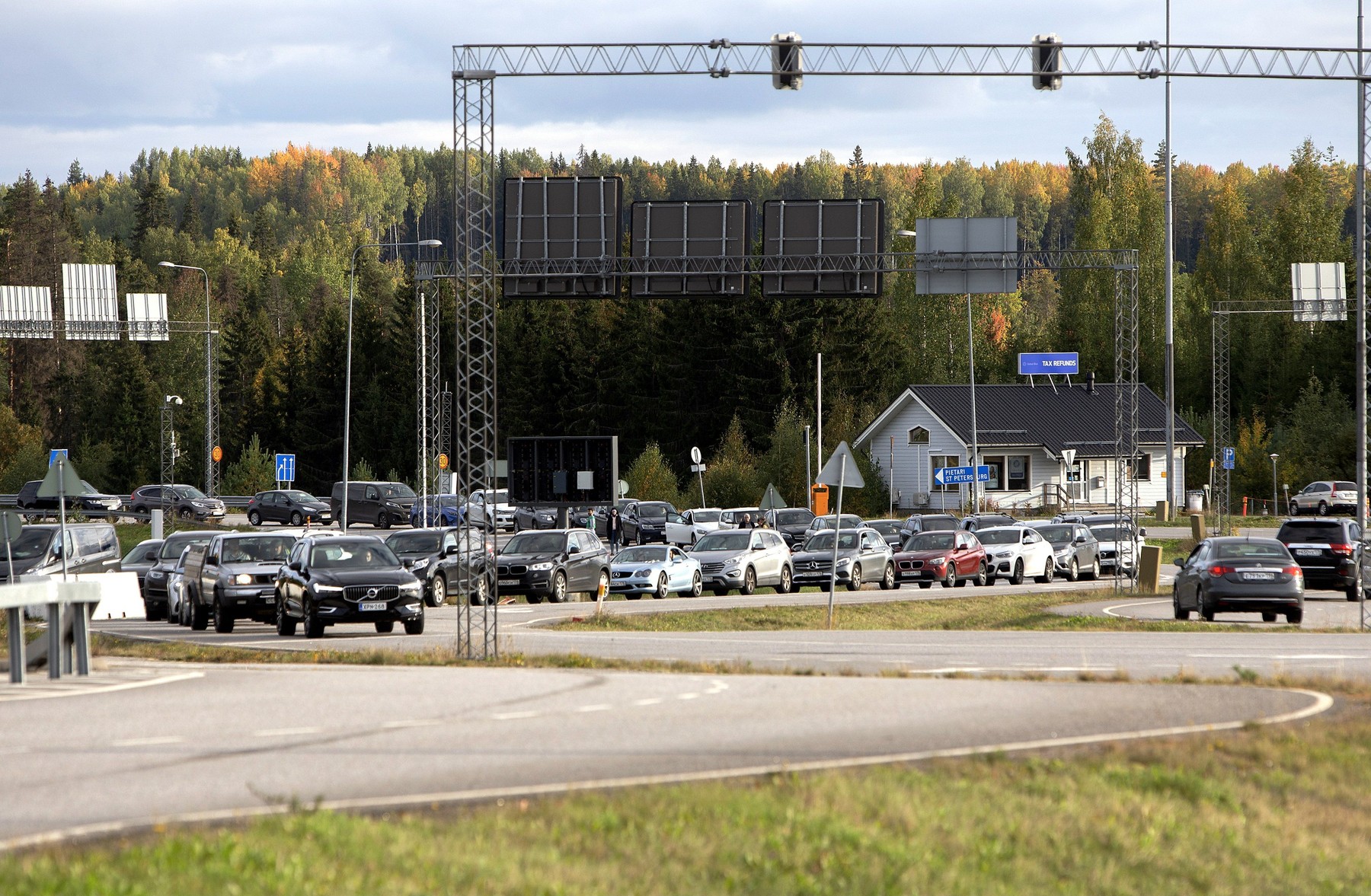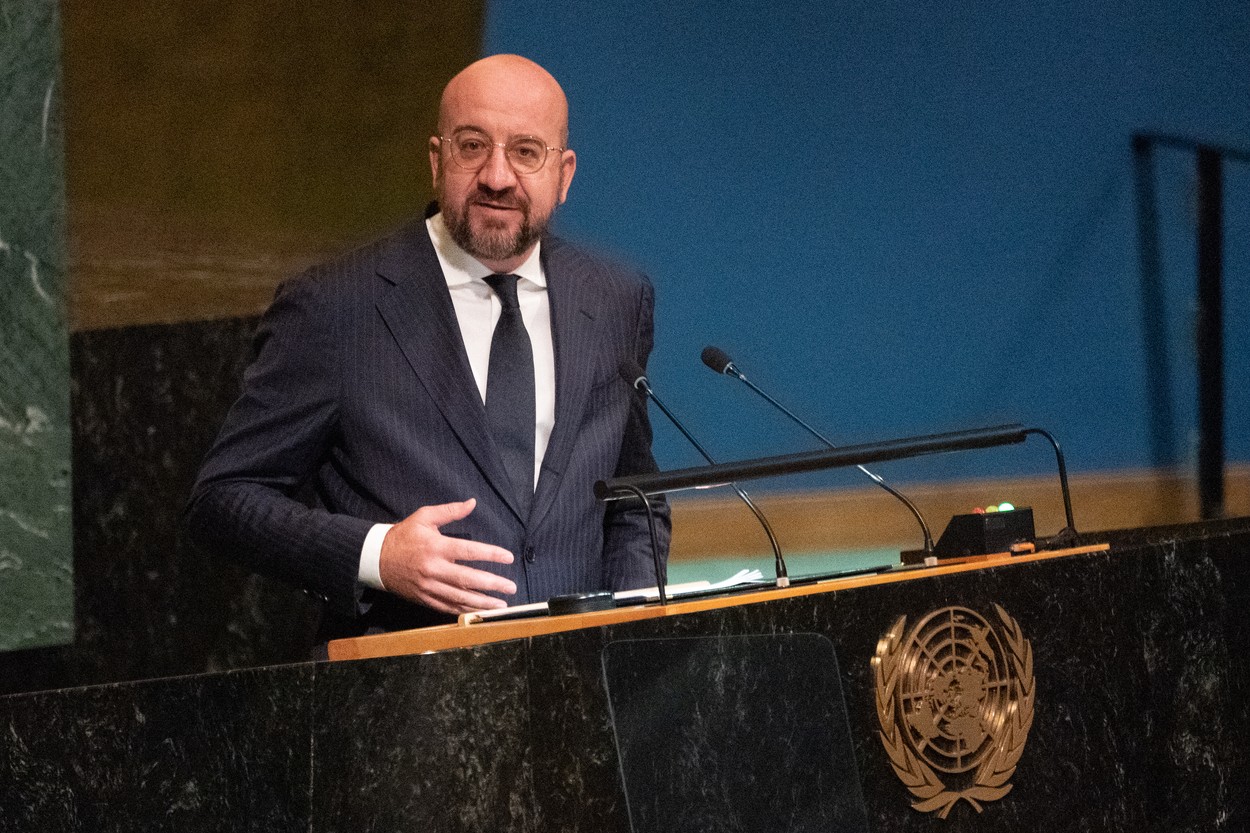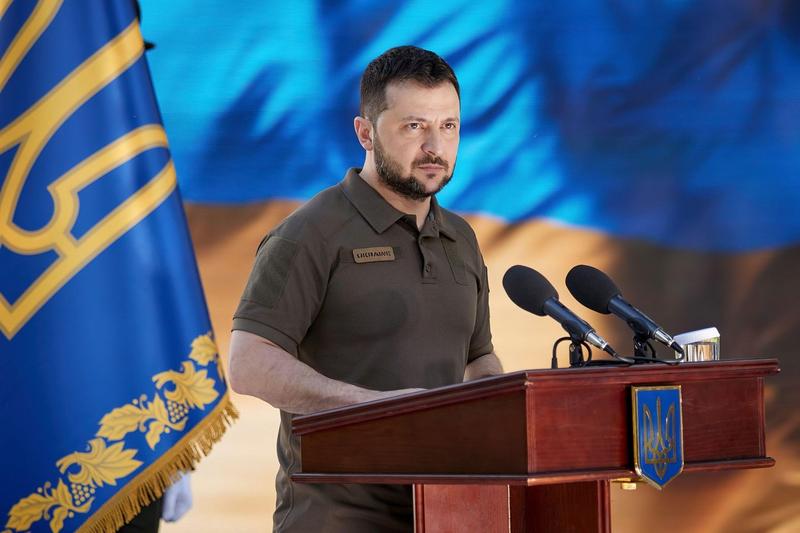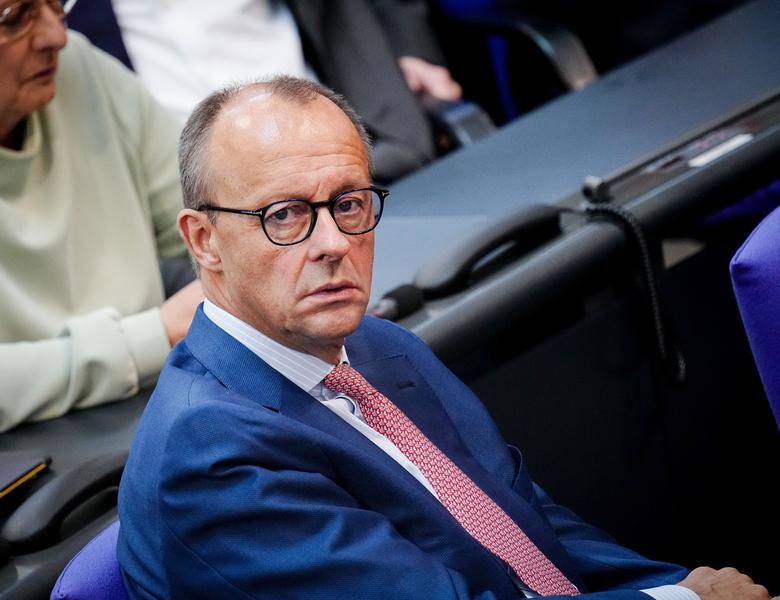
While Europe is united against the invasion of Ukraine and the granting of political asylum to Russian dissidents, it is divided over the moral and practical challenges of hosting Russian citizens fleeing Putin’s mobilization, Al Jazeera reports.
Flights and ground transport to and from Russia were banned, and EU countries introduced stricter and more expensive visa systems, making entry more difficult.
After President Vladimir Putin announced a partial mobilization order on Sept. 21, sending Russians rushing to the borders as thousands sought to avoid conscription, those entry rules became even tighter.
And now differences are emerging between EU members.
Should Europe, united against the Russian invasion, give shelter to those fleeing the draft?
YES to dissidents and NO to defectors
The question of whether to allow Russians to seek asylum in Europe is complex. The European Union agreed this month to suspend a visa facilitation agreement with Russia after several countries objected to Russian citizens traveling and vacationing in Europe as Putin’s government wages war in Ukraine.
But with Russian citizens now queuing at the border to leave the country, the EU is facing calls to open its borders.

Russians form huge queues at the border with Finland (Photo: Lauri Heino / Shutterstock Editorial / Profimedia Images)
The Baltic states – Estonia, Latvia, Lithuania – and Eastern European countries such as Poland quickly closed their borders
“Lithuania will not grant asylum to those who simply run away from responsibility. Russians must stay and fight. Against Putin,” Lithuanian Foreign Minister Gabrielius Landsbergis wrote on Twitter.
He said Russians could protest or even become prisoners of war rather than flee to Europe.
“Asylum for 25 million refugees is not an option. Russians must liberate Russia,” he added.
Warsaw also expressed reservations for security reasons. Both from the point of view of security and for reasons related to morality, the reception of a large number of Russians in the country should be avoided, said the Minister of Foreign Affairs of Poland, Zbigniew Rau.
Finnish Prime Minister Sanna Marin also called on Russian tourists to stop getting tourist visas in the EU to ensure they also pay a fine for Russia’s invasion of Ukraine.
Czech Republic

Milos Zeman (Agerpres)
President Milos Zeman is in favor of accepting Russians who do not want to enlist. “I believe that these people, like Ukrainian refugees, should be given visas,” he said. Until last year, Zeman was a supporter of Putin, but in the meantime he turned into an ardent opponent of the Russian president.
But no one in Prague takes his words into consideration. Only Russian dissidents are welcomed into the country, not deserters, writes Deutsche Welle.
Russians who evade mobilization do not have the right to a humanitarian visa, said the Minister of Foreign Affairs Jan Lipavskyi.
“Anyone who flees the country because he does not want to fulfill the task assigned to him by his own state does not meet the conditions of a humanitarian visa,” said Lipavsky, quoted by the CT24 news portal.
Germany

Photo by Olaf Scholz: video recording
German Chancellor Olaf Scholz said that while there is room for debate at the European level about banning Russian tourists, it is important not to make life difficult for opponents of the Kremlin to flee Russia, Reuters reports.
“What is important for us is that we understand that there are many people who are fleeing Russia because they do not agree with the Russian regime,” he said after a meeting with northern leaders in Oslo on Monday.
In an interview with the German daily newspaper Frankfurter Allgemeine Zeitung (FAZ), Interior Minister Nancy Feser said that “anyone who bravely opposes the Putin regime and thus puts himself in great danger can apply for asylum on the basis of political persecution”.
The President of the Council of the EU Charles Michel holds a similar opinion.
In an interview with Politico, he said the 27-member bloc should show “openness to those who don’t want to be instrumentalized by the Kremlin.”
The EU’s integrated political crisis mechanism, which is activated in the event of terrorist acts or any other extraordinary crisis in the EU, held a meeting on September 26 to reach a consensus.
But there is still no single approach.

Charles Michel at the UN (Bryan R. Smith / AFP / Profimedia)
Georgia and Kazakhstan
As the EU’s borders narrow, countries such as Georgia and Kazakhstan face an influx of Russians fleeing mobilization.
“Most Russians who flee are fleeing mainly to avoid sanctions in their own country. In this sense, asking the West for more support to accommodate the Russians is difficult. Those who urgently need protection from the Russian regime and are seeking asylum, their cases must be considered. But no country is obliged to accept those who simply want to escape from sanctions,” says Giga Bokeria, president of the European Georgia political party.
- Read also: List of countries where Russians can flee without a passport or visa and how long they can stay there
“Protest, flee or surrender to the Ukrainians”
President of Ukraine Volodymyr Zelenskyy called on Russians to mobilize to participate in Russia’s war in Ukraine: if they don’t want to die, then protest, flee or surrender.
“For six months, 55,000 Russian soldiers died in this war. Tens of thousands of wounded and maimed. Do you want more? No? Then protest. Give change. Flee or surrender to Ukrainian captivity. These are your options if you want to survive,” Zelenskyy said.

Volodymyr Zelenskyi Photo: American Photo Archive / Alamy / Alamy / Profimedia
“When it comes to migrants, you have to put aside emotions” / You can’t create a new iron curtain
Bram Froese, director of the Geneva Joint Migration Center (MMC), told Al Jazeera that while the reaction from Eastern Europe was understandable given the region’s history with the Soviet Union, emotions should be set aside when it comes to granting asylum.
“It is worrying if decisions about whether the EU grants refugee status or other forms of protection are based on whether the bloc sympathizes with a particular group. We have already seen this on the example of how the EU accepted Ukrainian refugees compared to refugees. “This shouldn’t happen,” he said.
“Of course, it is clear that Ukrainian refugees evoke much more sympathy than Russian refugees, but asylum decisions should be based on objective criteria and individual assessments,” he added.
“If we expect Russian citizens to overthrow Putin, we are doing so in vain, because it will not happen. Russia today in 1937. We in Estonia are afraid of Russia. But if we break our laws, we are only building Russia in Europe. Where is the difference? Where are the principles of the rule of law?” said Estonian MEP Jana Toom (Renew Europe group) in Bucharest.
Support even for Ukrainian migrants has decreased
Solidarity with Russians fleeing incorporation is hard to come by, especially when more and more voices are being raised even against Ukrainian refugees.

Refugee children from Ukraine Photo: Save the Children Romania
The warm welcome that citizens of Central and Eastern Europe first showed to Ukrainian refugees is slowly fading, especially in more pro-Russian countries such as Slovakia and Bulgaria, where refugee “privileges” have been criticized and now compared to the 2015 refugee crisis, Euractiv.com wrote in May
A June opinion poll shows that the UK public’s support for refugees from Ukraine is beginning to fall as fighting continues on the home front.
However, in most countries there is a positive attitude towards them.
The president of Germany’s conservative Christian Democratic Union (CDU), Friedrich Merz, drew criticism on Tuesday after he condemned the alleged “social tourism” of Ukrainian refugees who fled their country after the start of the Russian invasion, Deutsche Welle reported.

Friedrich Merz Photo: Kay Nietfeld / AFP / Profimedia
In the face of the criticism, the German opposition leader apologized on Tuesday morning for the comments, which he said were aimed “solely at the lack of registration of refugees”.
The day before, in the Bild daily newspaper, he expressed “great concern that the government’s decision to switch from asylum assistance to unemployment benefits will cause significant disruption.”
According to the CDU president, who is targeting the post of federal chancellor in 2025, “today we are observing the social tourism of these refugees to Germany, a large number of whom are using this system.” He accused that some Ukrainians travel back and forth between Ukraine and Germany to receive this aid.
“Advertising on the backs of Ukrainian women and children who fled from (Vladimir) Putin’s bombs and tanks is a pathetic thing,” German Interior Minister Nancy Feser accused FAZ.
- VIDEO 500 Russian soldiers mobilized by Putin protest on the border with Ukraine against “inhumane conditions”
Source: Hot News RO
Robert is an experienced journalist who has been covering the automobile industry for over a decade. He has a deep understanding of the latest technologies and trends in the industry and is known for his thorough and in-depth reporting.